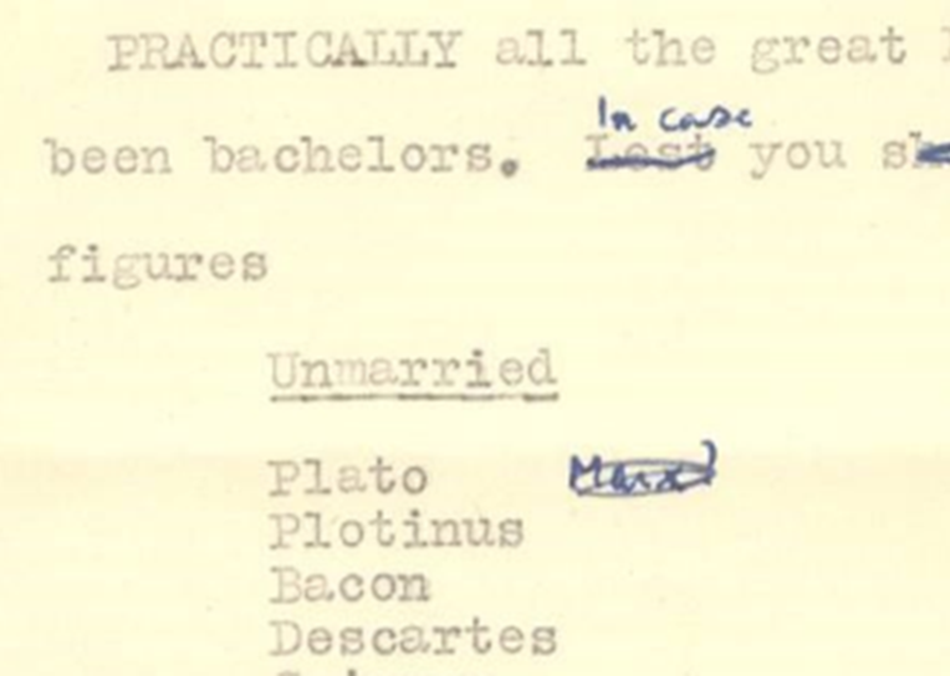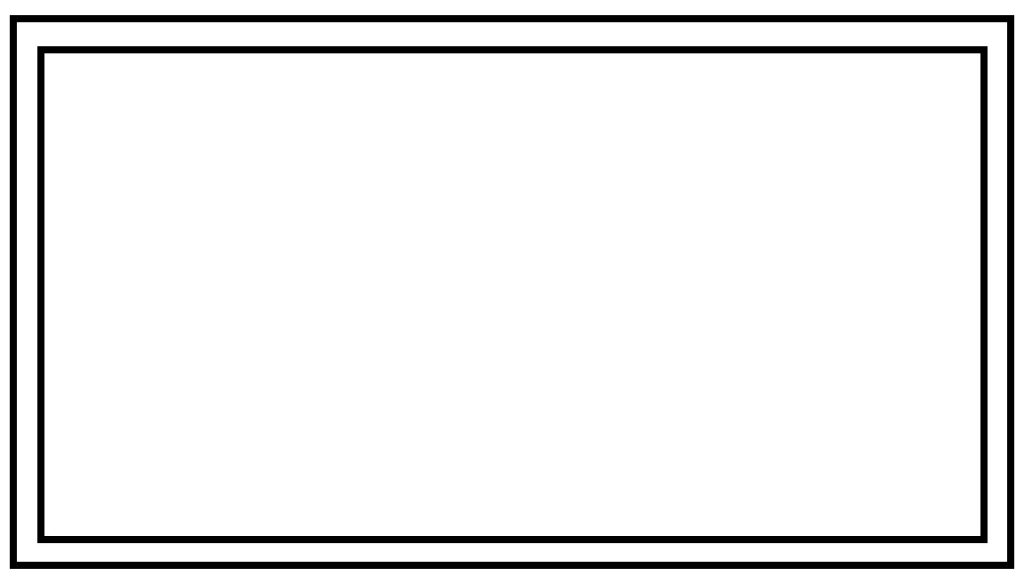The ‘practical problem’ of collective justice
Sam Cooper discusses the content of a letter sent by Anscombe to Foot, discussing Aquinas’ views on charity and justice. This post concerns the ‘practical problem’.
The ‘abstract problem’ of collective justice
Sam Cooper discusses the content of a letter sent by Anscombe to Foot, discussing Aquinas’ views on charity and justice. This post concerns the ‘abstract problem’.
What influence did Wittgenstein and Aquinas have on Anscombe and Foot?
Both Foot and Anscombe talk about Aquinas quite often, and both of them seem to take it for granted that Aquinas’ thought can be elucidated by thinking about it from directions provided by Wittgenstein; not just that Aquinas can be corrected or improved by the addition of a Wittgensteinian perspective, but rather that what Aquinas himself actually thought can be elucidated by looking at his work from such an angle. Both of them do this quite often, sometimes implicitly and sometimes explicit, but almost always very casually, as if it is quite obvious that this is how it should be. But in what sense in Aquinas Wittgensteinian?!
The narrowness of Hare and Ayer: ‘We got quite indignant about that!’
‘Rings and Books’ by Mary Midgley

Midgley wrote this essay in the mid-1950s for BBC radio. In her memoir The Owl of Minerva, she recalls:
“I wrote it because I had suddenly been struck by the fact that nearly all the famous philosophers whose lives we know about were lifelong bachelors…
Then and Now
by Mary Midgley Mary Midgley Considers How What Is Called Philosophy Has Changed Since She And Her Friends First Plunged Into It Changes In World-Pictures. When we four people started studying Philosophy at Oxford in the early 1940s, quite a lot of the topics that we might have expected to discuss – most importantly, Human […]
In Memoriam: Pamela Sue Anderson

Last year, Pamela Sue Anderson was to be the keynote speaker at our International Women’s Day conference ‘Resounding Voices’. She couldn’t make it and, in her stead, Liza Thompson read out the text of her beautiful paper. You can read it below. It offers a way of conceptualising what we are, or should conceive ourselves […]
